Education is more than passing down knowledge—it’s about connecting with students meaningfully. James Raube is a history teacher with experience in the US and UK. He knows firsthand that effective teaching requires passion, creativity, and adaptability.
Through his inventive approach, “Teaching as Performance,” Raube emphasizes storytelling and theatrical techniques to engage students and prepare them for the real world.
A Vision Rooted in Personal Experience

Raube’s journey into education wasn’t straightforward. While he felt inspired to teach, the self-described introvert never imagined himself thriving in front of a classroom. His solution? Think of himself as an actor—and the classroom as his stage.
“I always saw teaching as being on a stage,” he shares. “You’re essentially a Hollywood actor, and your job is to tell a story that captivates your audience.”
This perspective worked: it allowed Raube to overcome his shyness and turn teaching into art.
Raube’s teaching philosophy also stems from a critique of traditional education systems: “Far too many professors are brilliant in their craft but terrible teachers. If you can’t convey your knowledge effectively, you’re not making a difference.”
He believes teaching requires tailoring lessons to individual students—an effort he insists can be demanding and rewarding.
“It takes time and energy to adjust to each student’s needs, but it’s 100% possible if you care enough,” Raube says.
Who Benefits From This Approach?
Raube’s methods resonate with some of the most critical players in modern education: aspiring educators, educational leaders, and forward-thinking parents.
Young teachers eager to make an impact find his strategies inspiring and refreshingly practical. Education leaders seeking forward-looking approaches to modernizing their curricula value his insights. Finally, parents who want their children to become well-rounded citizens appreciate Raube’s focus on integrating life skills into traditional learning.
His emphasis on engagement over rote memorization also addresses a significant pain point in modern education. Many students feel disconnected from material that feels irrelevant to their lives.
Raube’s strategy for fixing the issue? He insists on filling the gap by incorporating storytelling and real-world applications into his lessons.
Teaching as Performance: The Core Philosophy
At the heart of Raube’s method is the idea that every classroom is a stage.
“You don’t know who’s going to step into your theater,” he admits. “Some students may come from tough home lives, while others might be gifted but unaware of their potential. Your job is to put on a performance that inspires them all.”
This approach involves more than merely being a compelling storyteller. Raube makes history lessons come alive by using tried and true theatrical elements: tone, pacing, and body language.
He also emphasizes the importance—and effectiveness of—showing students that their growth matters: “You have to demonstrate that you care. That’s when students open up and decide to learn.”
Building a Community of Educators
Raube’s cross-cultural teaching experiences give him a unique perspective on educators’ worldwide challenges. His work in the US and UK has shown him the significance of adaptability and the value of diverse teaching methods.
Raube shares his insights with educators globally through articles, webinars, and workshops. As a result, he has helped many teachers refine their craft and connect with students.
For Raube, creating connections among educators is essential to fostering a culture of lifelong learning. He encourages teachers to think of themselves as performers capable of shaping not just lessons—but entire lives.
The Future of Education
Raube’s vision transcends the classroom. He hopes to inspire a new generation of teachers to embrace creativity and adaptability: “Teaching is about more than transferring knowledge—it’s about preparing students to navigate life with confidence and curiosity.”
As he continues refining his methods and sharing his experiences, Raube’s “Teaching as Performance” framework offers a fresh perspective on education, proving that meaningful teaching requires skill and heart.
For educators and leaders eager to innovate, Raube’s approach provides a blueprint for transforming classrooms into stages where students and teachers can shine.
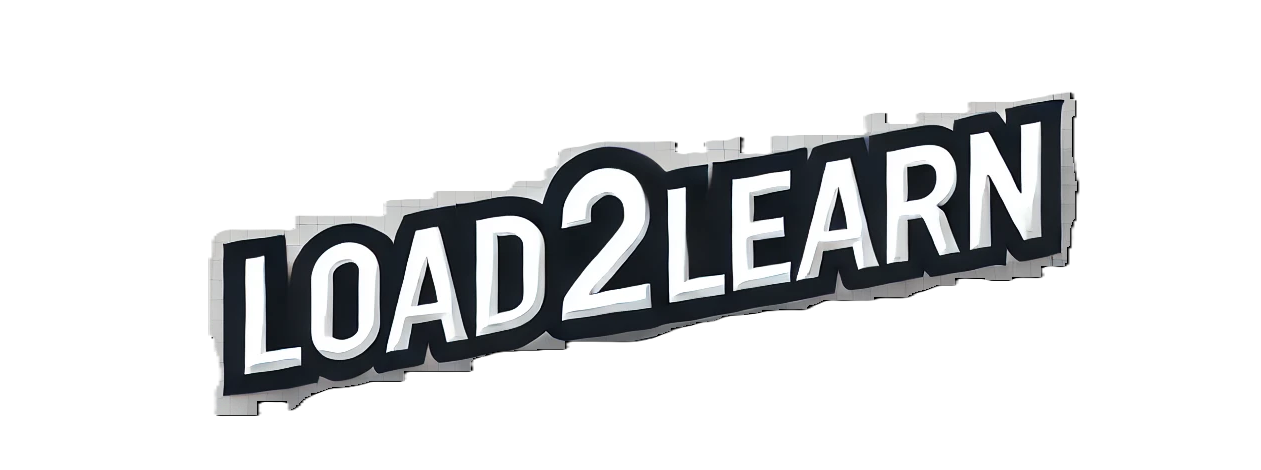
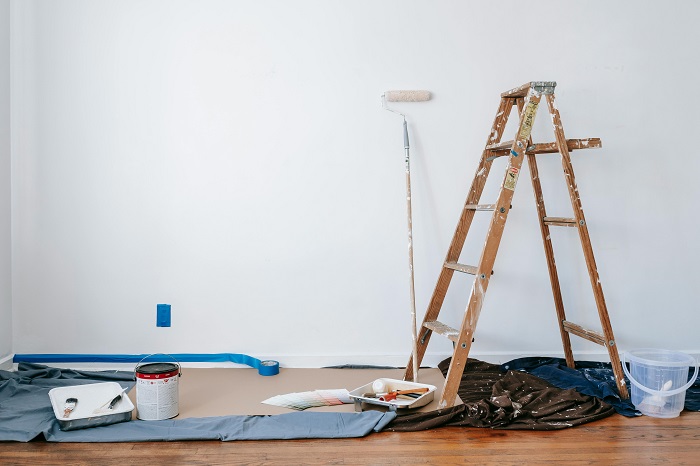




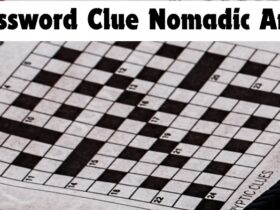

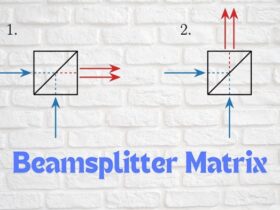
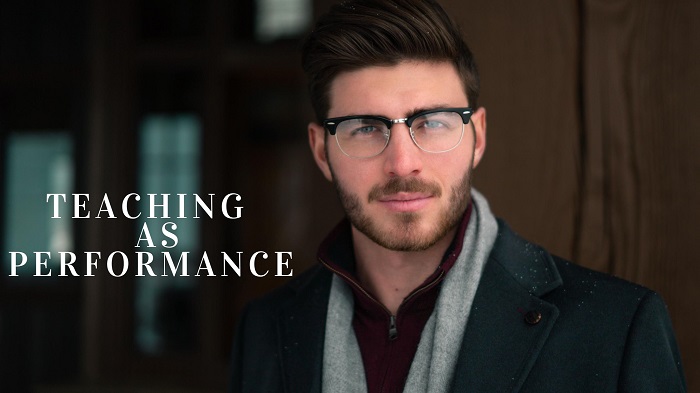





Leave a Reply